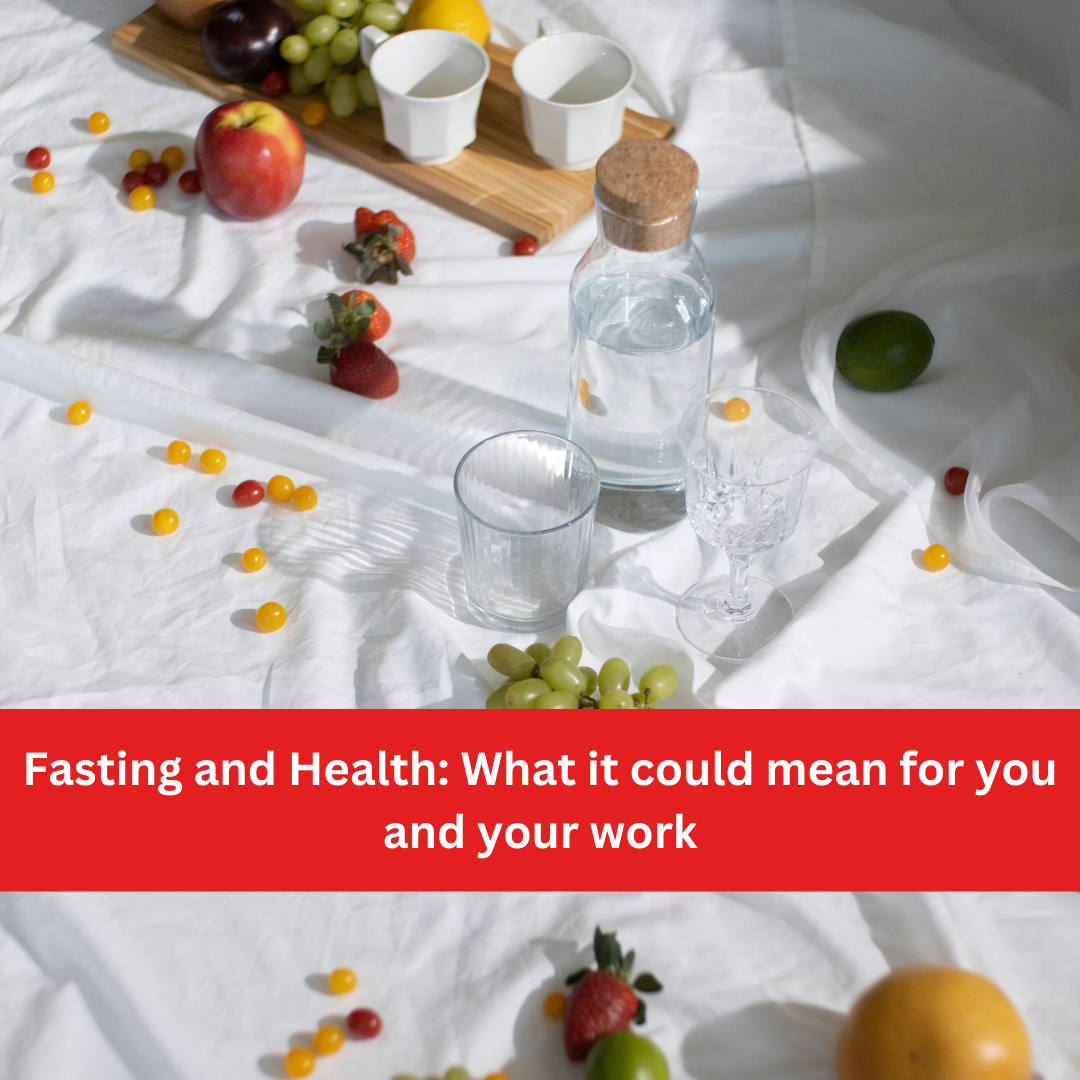Fasting is a practice that has been around for centuries and is observed in many cultures and religions worldwide. During the month of Ramadan, Muslims fast from dawn until sunset, refraining from food and drink, including water. This month-long practice is known to have significant impacts on the body, both physically and mentally.
Intermittent fasting, is a fasting regimen that involves restricting food intake to certain periods of the day. For the right person, Intermittent fasting can assist in weight loss, regulate calorie intake, and improve metabolic health, as well as potentially increasing lifespan and preventing age-related diseases.
However, it is important to be mindful of the potential downsides of fasting, such as the Ramadan paradox, where people often put on weight despite fasting all day. To avoid turning your fast into an unhealthy feast negating its benefits, it is essential to eat a variety of fruits, vegetables, and legumes while timing your meals, rather than eating for an unlimited time. This can help ensure that fasting is a safe and beneficial practice for your health and well-being.
The Benefits of Fasting.
One of the main benefits of fasting is detoxification. When the body is not constantly digesting food, it initiates a cleansing process that allows it to detoxify itself, resulting in improved health and better overall well-being. Fasting also leads to a metabolic shift in the body, where it transitions from using glucose to fat as its primary energy source. This can lead to weight loss and reduced cholesterol levels.
Another significant benefit of fasting is improved mental clarity. Fasting can increase the production of brain-derived neurotrophic factor (BDNF), which supports brain health and cognitive function. This can lead to improved mental clarity, better focus, and increased productivity.
Fasting also provides a period of rest for the body and brain. By reducing food intake, the digestive system and other organs can rest, leading to improved overall health. Hormonal balance is also affected by fasting, with hormone levels such as adiponectin increasing, which is important for heart health and maintaining low glucose levels.
Related post: Benefits Of Supplements & Healthy Foods During This Ramadan Fasting
The Cautionary Side of Fasting
However, it is crucial to note that fasting may not be suitable for everyone, especially those with chronic illnesses or specific health conditions. It is essential to consult with a healthcare professional before starting any prolonged fasting regimen to ensure it aligns with individual health needs and goals.
It is also important to approach fasting with caution, especially for certain populations such as pregnant or breastfeeding individuals, people with diabetes, and those with a history of eating disorders. Consulting with a healthcare professional before starting any fasting regimen is recommended to ensure it aligns with individual health needs and goals.
Experts warn that fasting can easily turn into a feast in disguise if not done properly. Depending on what, how much, and how long you eat during your feeding window, you may end up negating the benefits of your fast. To avoid this, it’s important to focus on eating a variety of healthy foods, such as fruits, vegetables, and legumes, while also being mindful of the timing of your meals. Rather than eating for an unlimited amount of time, it’s best to plan your meals so that you consume them in a specific window of time to allow your body to properly digest and utilise the nutrients. By doing this, you can ensure that your fast is actually benefiting you and not causing harm to your health.
How to Balance Fasting with Work.
If you’re fasting while working, there are five things you can do to ensure productivity throughout the day:
Plan your workload: Adjust your tasks to match your energy levels throughout the day. It is best to focus on less intensive tasks during times of lower energy.
Stay hydrated: Drinking plenty of water during non-fasting hours will help you maintain focus at work during the fasting hours.
Take short breaks for prayer and reflection: This can also serve as mental breaks from work.
Consume nutritious foods during Suhoor and Iftar: Consuming nutritious foods will sustain your energy level for the workday.
Engage in team-building activities that respect the fasting period: Putting this structure in place will encourage team support and cohesion. By following these tips, you can stay productive and focused at work while fasting.
In conclusion, Your body goes through changes when you are fasting and it is advisable to be mindful of these changes, be aware of your own health, and engage in practices that allow you to maximise most of the benefits of fasting, while avoiding the downsides as much as possible.







No Comments